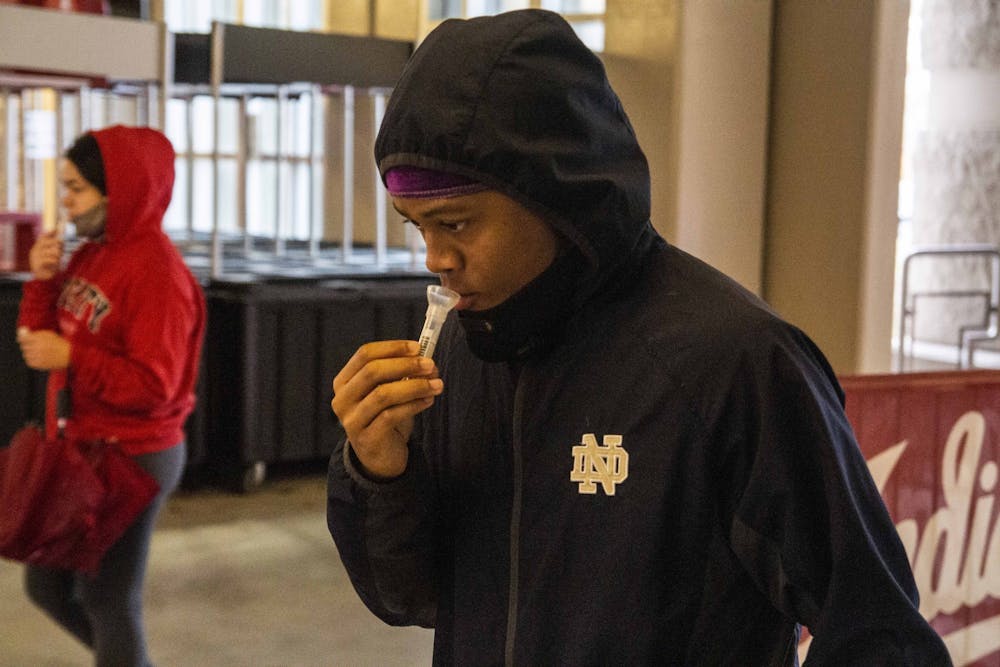An IU study has found that the COVID-19 pandemic exacerbates inequalities that are faced by minority groups. Brea Perry and Bernice Pescosolido, IU sociology professors, began conducting a study at the beginning of the COVID-19 pandemic to see what effects the pandemic has on different demographics throughout Indiana.
The study was meant to evaluate the pandemic’s effects on minority groups and groups of the American population that are typically more at risk for unemployment and financial insecurity than others. The demographics include characteristics such as race, ethnicity, gender, age and education. The groups studied consisted primarily of minority groups, young adults and those without a college degree.
Disasters in recent years, such as Hurricane Katrina in 2005 or the 2008 Great Recession, exposed economic and social inequalities that were already in existence, Perry said. She said based on this study, the COVID-19 pandemic has produced a similar result.
Perry said they found that racial and ethnic minorities, women, younger people and people with lower levels of education are more likely to experience food, housing and financial insecurities.
994 people were surveyed through over-the-phone interviews. According to the study, about 11% of the people in these groups reported being worried about having a place to live, 27% worried about being able to afford food and about 55% worried about finances in general. On average, about 24% of people were reporting financial worries prior to the pandemic, which Perry said suggests many concerns were already present and the pandemic just made them worse.
The study is titled “Pandemic precarity: COVID-19 is exposing and exacerbating inequalities in the American heartland.” The authors said they will continue collecting data to see the long-term effects of the pandemic on these different groups.
Perry said that many of the results her and Pescosolido are finding are expected because the United States has an inadequate safety net for those who experience financial insecurities, so the country isn’t able to properly protect people in a time of crisis.
“People who were already sort of at risk for falling behind on their bills, losing their house, not being able to afford enough food, those people are sort of the first to be hit and they're hit the hardest,” Perry said. “So we just see this over and over again: When there's a crisis, people that were already living on the edge are really in trouble.”
But some demographic factors, such as level of education, exacerbated existing issues to a surprising degree, Pescosolido said.
“Those who didn't have a high school degree or had just a high school degree were really hit much harder. I suspect a lot of that has to do with the nature of their work and that they felt more pressure to stay at work,” Pescosolido said.




